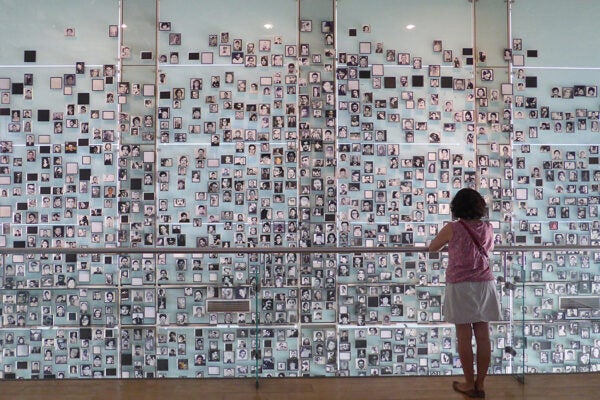Tarring and Feathering, American Style
What began as a European folk practice became a distinctly American ritual of public punishment.
Memory’s Role in Chile’s Democratic Rebirth
In post-Pinochet Chile, public memory became a pathway to accountability.
Souvenir Hunting on the Battlefield of Waterloo
At Waterloo, a site of immense bloodshed, tourists quickly turned the aftermath of war into collectibles.
Disavowing Politics While Doing Politics
People often claim to be “nonpolitical” even as they seek policy change, a stance that supports civic action but narrows democratic debate.
Contesting American Citizenship… in 1784
The Longchamps Affair shows how early Americans struggled to define citizenship amid conflicting laws and revolutionary values.
In Pursuit of Peace, Ancient Athens Created a Goddess
In the aftermath of the Peloponnesian War, Athenians worshipped Eirene. Her cult reflects the political role of religion in Ancient Greece.
A Brief History of Men Showing Leg
The story of the modern suit begins with tight pants, as men’s legs became markers of class, civility, and sexuality.
Samurai and Guerrillas: The First Official Japanese Visit
The first Japanese delegation to the US captivated crowds and confounded expectations, as the press cast its samurai as “effeminate.”
When the Dust Settles in Colonial Manchurian Writing
Takagi Kyōzō makes heavy use of natural imagery to decry the miserable status of the settler colonist population in Japanese-occupied Manchuria.
The Committed Officers of Argentina’s Dirty War
The viciousness of Argentina’s Dirty War resulted not only from orders from above but from ideological buy-in at the ground level.









